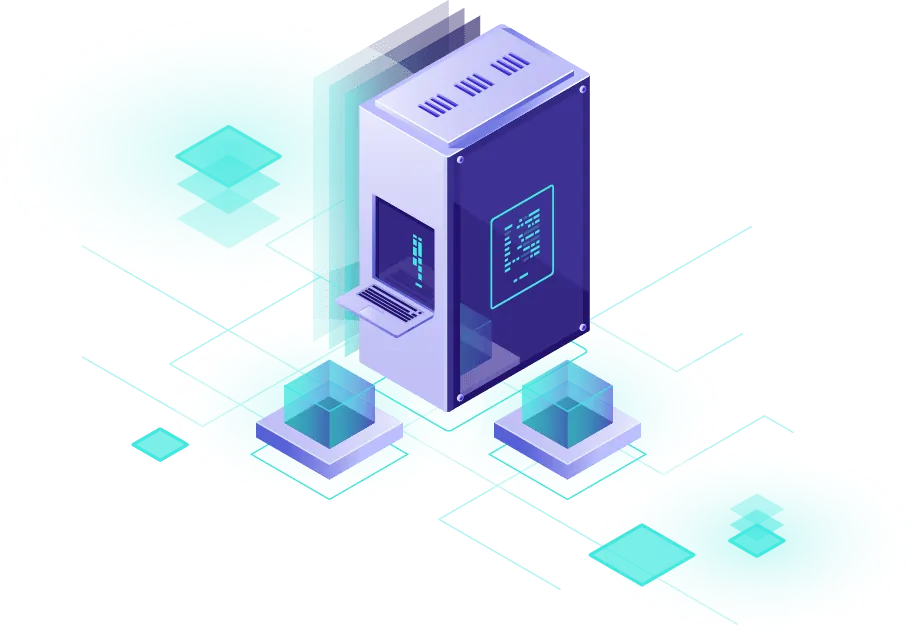
Level Up Your Gaming Experience
Get ready to embark on an exciting journey as we explore insightful tips and tricks that will transport you to new dimensions of excitement and
Voice over Internet Protocol (VoIP) is a technology that allows users to make voice and video calls over the Internet in NZ rather than using traditional telephone lines. Instead of relying on a dedicated network of wires and hardware, VoIP converts analog voice signals into digital data packets and sends them over the Internet to the recipient.
This method is more cost-effective than traditional phone lines and offers a wide range of features and benefits, such as call forwarding, video conferencing, and international calling. It is becoming increasingly popular in residential and business settings and is expected to grow as internet speeds and connectivity improve.


It works in New Zealand by converting analog voice signals into digital data packets and transmitting them over the Internet. Here’s a step-by-step overview of how to do this;
VoIP (Voice over Internet Protocol) has several advantages over traditional phone systems. Here are some of the key benefits of using VoIP:

While the Voice over Internet Protocol has many advantages for New Zealanders, it also has some disadvantages that should be considered. Here are some of the key disadvantages of using it.
Overall, while VoIP offers many advantages, it is important to consider the potential downsides and ensure that your system is properly configured and secured.
Before you can enjoy all the many benefits of Voice Over Internet Protocol, you first have to set it up. Setting up requires the following steps:
BLOG

Get ready to embark on an exciting journey as we explore insightful tips and tricks that will transport you to new dimensions of excitement and

OpenOffice is a popular and widely used open-source alternative to the well-known and widely utilized Microsoft Office. It provides a comprehensive suite of applications for

We all use it, and technically we know what it is, but if I asked you to define Wi-Fi, would you be able to? Wi-Fi

In today’s digital landscape, where networks handle diverse applications and traffic types, ensuring a seamless user experience is paramount. Quality of Service (QoS) emerges as

In today’s interconnected world, Ethernet has become a ubiquitous term in the realm of computer networking. Whether at home, in the office, or across the

VLC media player is a free and open-source multimedia player developed by the VideoLAN project. It is one of the most popular media players available
While it’s difficult to say that VoIP is the “best” communication technology for New Zealanders, it offers many advantages over traditional phone systems, making it a highly appealing option for many businesses and individuals. It can significantly reduce communication costs compared to traditional phone systems, as it doesn’t require dedicated phone lines or expensive hardware.
New Zealanders can also easily integrate it with other communication technologies, such as video conferencing and instant messaging, making it a highly versatile solution for businesses.
FAQ
Yes, you can typically keep your existing phone number when switching to this service as a New Zealander. Many VoIP NZ providers offer number porting, which allows you to transfer your phone number to their service.
It can be very reliable if you have a strong and stable internet connection. However, if your internet connection is weak or experiences outages, your service may also be affected.
Yes, it is an excellent option for international calls, as it typically offers lower rates than traditional phone systems. Many providers also offer international calling plans, including unlimited or discounted calls to specific countries.